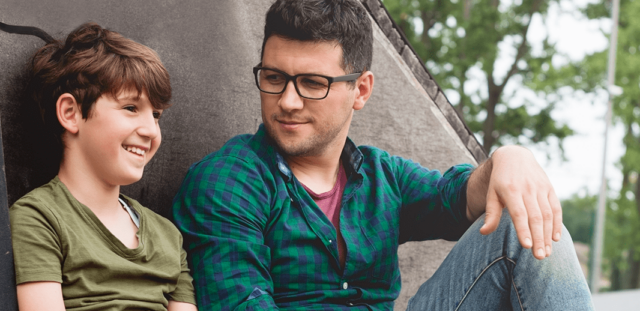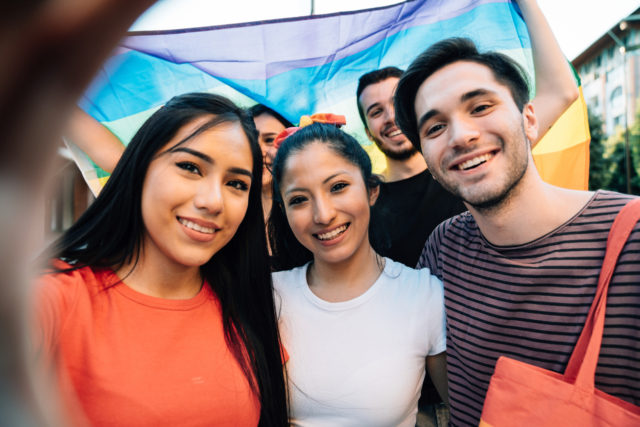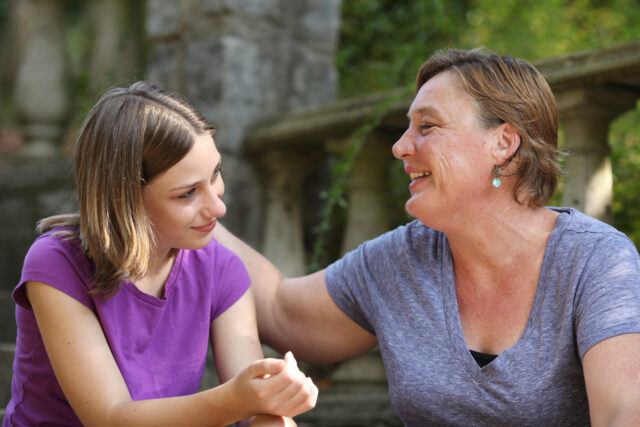TOPICS
Gender & Sexuality
Talking openly with kids about sex and consent helps them develop good boundaries and healthy romantic relationships.

About Gender and Sexuality
Talking to Teenagers About Romantic Relationships
It’s important to start the conversation with kids about sex and romantic relationships before teenagers begin to experiment with them. It may be uncomfortable at first, but talking about what to expect from a healthy relationship can help teens avoid painful experiences and let them know that you’re a safe person to talk to about this topic.
Talking to Kids About Sex and Consent
Talking to kids about sex can feel awkward and daunting. “The talk” doesn’t just consist of the birds and the bees anymore. Now kids also need to understand the dangers of sexting, cyber safety, porn, and much more. Ideally, it starts early and is a continuing conversation. Because research shows that talking to kids about these things starting in the elementary years actually reduces rates of sexual activity, sexual violence, and STIs while helping them to develop healthy relationships and behaviors.
Supporting LGBTQ+ Kids and Young Adults
Children who identify as LGBTQ+ are at greater risk for mental health issues. Even if they get plenty of support from their families, kids who identify as LGBTQ+ may face discrimination, bullying, or rejection by peers. Parents can help by understanding the social and mental health challenges they face, and learning how to be a strong ally.
Gender and Sexuality
Ask an Expert
All Gender & Sexuality Resources















